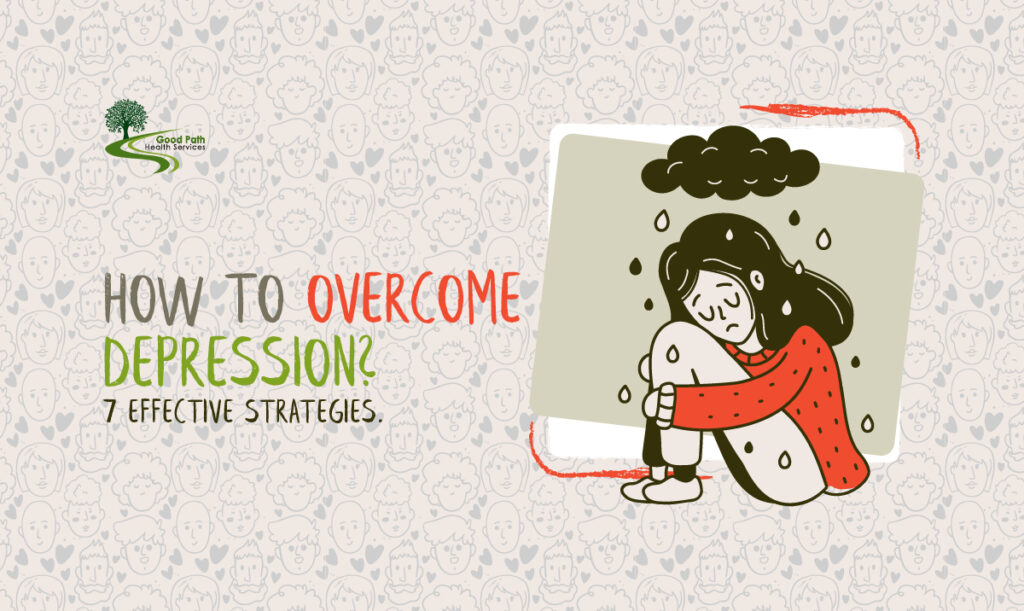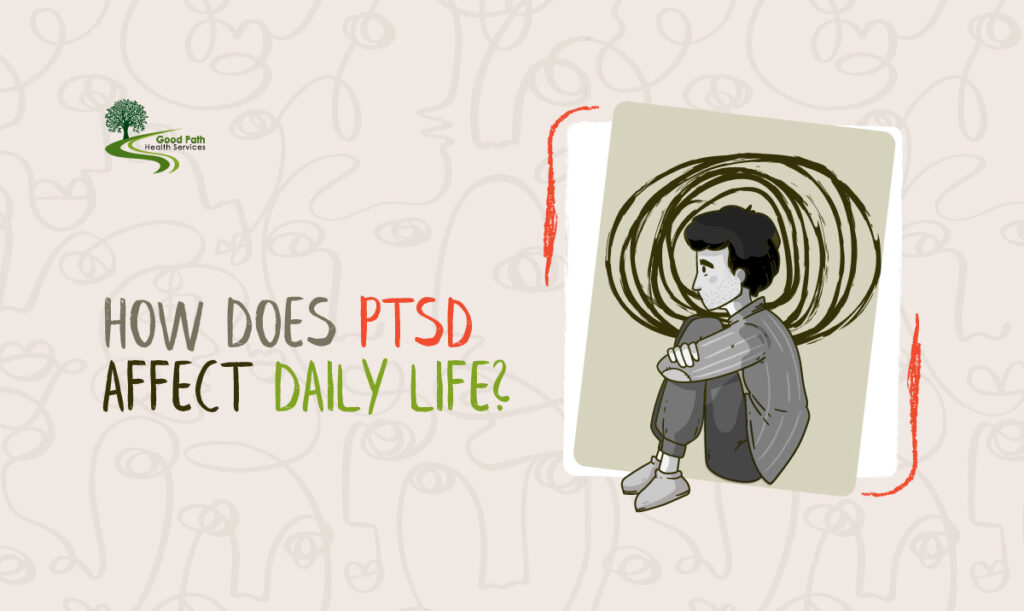
Alcohol is often a key part of events, celebrations, and even casual meetups. From a tequila shot at a get-together to wine for dinner, it’s a big part of our culture.
But, have you thought about how alcohol, say tequila, impacts your mind? Is tequila a depressant? What does this mean for our health? If you care about your health and want to know alcohol’s effects on your mental state, this post is for you.
We’ll discuss depressants vs. stimulants, alcohol’s effect on the brain, and its impact on mood, sleep, and health. Also, we’ll share ideas for drinking responsibly to keep your mind healthy.
Tequila and Social Activities
Tequila, a common feature in many social gatherings, has various uses. It’s there for the cheers during celebrations or to kick back after a hectic day.
Sure, drinking tequila might feel celebratory or soothing initially. But the truth is, it affects our mental health in ways you may not realize right away.
Depressants vs. Stimulants
It’s important to grasp how tequila works on our bodies. For that, we need to get the key differences between depressants (downers) and stimulants (uppers).
Depressants
Depressants are substances that slow down the activity of the brain and nerves. They can induce relaxation or even reduce anxiety in some cases, but also impair cognitive functioning and motor skills. Examples of these include alcohol, benzodiazepines, and certain sleeping pills.
Stimulants
On the other hand, stimulants increase brain and nerve activity. They can make you feel more awake or energetic and enhance your concentration. Common stimulants include caffeine, nicotine as well as other prescription drugs such as Adderall and Ritalin.
So Is Tequila a Depressant?
Is tequila an upper (stimulant) or a downer (depressant)? Tequila, like other alcoholic beverages, is classified as a depressant.
When consumed in large quantities, alcohol slows down the functions of our brains after a while although it may produce a ‘buzz’ feeling initially. This leads to relaxation with reduced anxiety for a while, but there are many aspects of mental health affected by this drug too that should be considered.
The Impact of Alcohol on the Nervous System
When you drink alcohol it enters the bloodstream which then goes to the brain causing changes in neurotransmitters — chemicals transmitting signals in the brain.
GABA and Glutamate
Alcohol interacts chiefly with two neurotransmitters — GABA (gamma-aminobutyric acid) and glutamate. GABA is one that slows brain activity down, hence causing relaxation. Alcohol helps to increase the effect of GABA in the brain, making you feel calm and less anxious.
On the other hand, alcohol inhibits glutamate which is an excitatory neurotransmitter that regulates cognitive functions such as memory and learning. The consequence of this inhibition leads to impaired judgment as well as sluggish thinking.
Dopamine Release
Alcohol also causes dopamine release which is a pleasure and reward neurotransmitter. That’s why people can be very happy or euphoric when they start drinking. Nonetheless, this effect lasts only for a short period leading to seeking more and more alcohol so that you could attain the same feeling again.
Also Read: How Long Does It Take Alcohol to Leave Your System?
How Alcohol Affects Mood, Sleep, and Overall Well-being
Mood
Initially, alcohol has a euphoric effect but it can have a depressive aftermath. Alcohol tends to increase depression and anxiety especially when taken in large quantities. The feelings of sadness, fatigue, and hopelessness that come after the initial high wears off are caused by the depressant effects of alcohol.
Sleep
Alcohol is often regarded as helpful for sleep because it is a sedative. It may make you fall asleep faster, but it disrupts the sleep cycle especially at the REM (rapid eye movement) stage. Poor-quality sleep can result in tiredness, irritability and difficulty focusing which all impact mental health negatively.
Overall Wellness
Long-term mental health issues including mood disorders like depression and anxiety may arise from chronic use of alcohol. Additionally; poor judgment and clouded thinking due to cognitive impairment associated with alcohol abuse.
Tips for Responsible Alcohol Consumption and Maintaining Mental Health
1. Know Your Limits
Knowing your limits and setting boundaries lets you have fun with alcohol without going overboard. The CDC suggests a max of one drink daily for women and two for men.
2. Stay Hydrated
Alcohol boosts urine production, potentially causing dehydration. Sipping water with your drinks can curb this.
3. Eat Before You Drink
Having food before alcohol can lessen its quick effect on your body and brain, by slowing absorption.
4. Take Breaks
Let your body process alcohol and avoid drinking continuously for better control.
5. Avoid Mixing with Medication
Mixing alcohol with specific meds can be dangerous. Always ask your doctor if it’s safe to drink while on meds.
6. Seek Help if Needed
If you find that alcohol is impacting your mental health or daily life, don’t wait to get professional help. Good Path Health Services can provide various mental health services and can provide support and resources.
The Importance of Balance
Alcohol, tequila included, often shows up in social events and gatherings. Still, it’s key to keep drinking under control. Consider how alcohol can impact your mental wellness.
Take action so negative effects don’t get the upper hand. Be mindful of your consumption and drink responsibly.
Final Thoughts
It’s crucial to understand how tequila and other alcohol beverages play with your mental health. This helps you make smart choices. Sure, alcohol can help you relax or feel excited for a short time.
But, its dampening effects can play havoc with your mood, sleep, and wellness in the long-run.
By sticking to careful drinking rules, you can still enjoy the social aspects of drinking without harming your mental health.
The bottom line? Stay balanced and mindful.
FAQs
Is tequila a depressant or stimulant?
Tequila is a depressant like all alcoholic beverages.
Tequila vs vodka: What’s the difference?
Tequila is made from the agave plant while vodka is made from grains or potatoes.
Is tequila a depressant?
Yes, tequila is a depressant.
Tequila as an upper: Is it true?
It’s a common myth but tequila is actually a depressant.
How is tequila different from other alcohol?
Tequila is specifically distilled from the blue agave plant.



